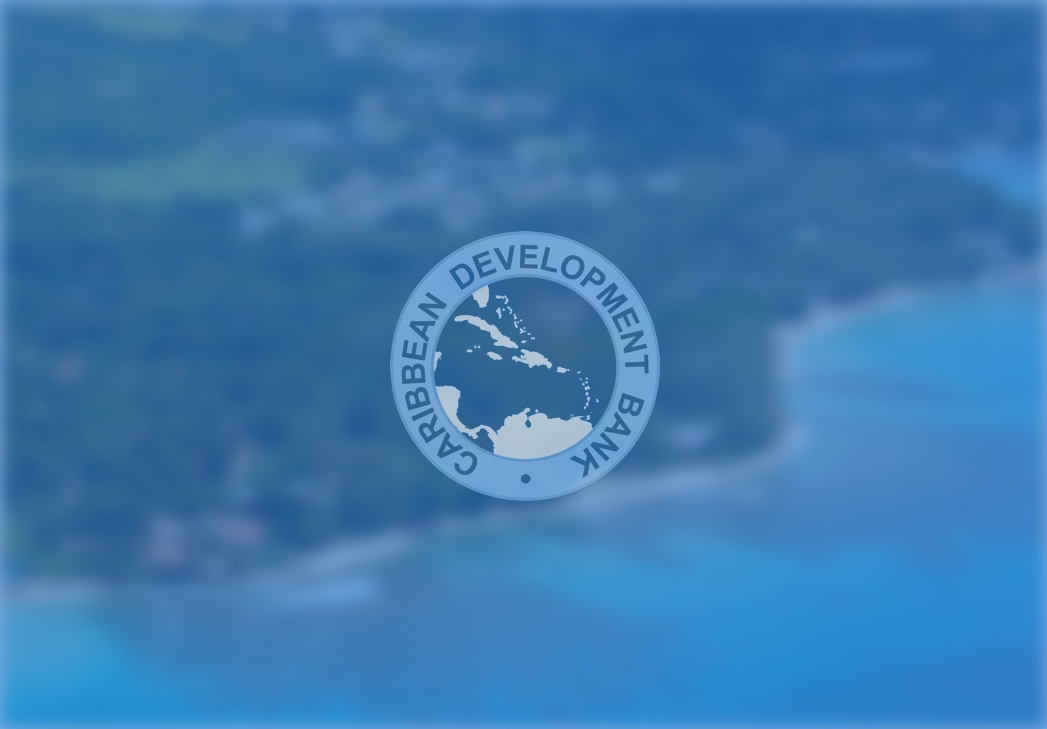CDB Financing Biogas Feasibility Study in Belize

The Caribbean Development Bank (CDB) has committed USD150,000 to assist with financing a feasibility study for the Government of Belize to assess the potential of generating electricity from biogas collected from sewage treatment facilities.
Biogas is a form of renewable energy produced by breaking down organic matter such as agricultural waste, food waste, manure, and sewage. The project supports the Bank’s thrust to increase energy security in its Borrowing Member Countries (BMCs) by promoting the use of renewable sources for more affordable and stable energy costs.
“Many of CDB’s BMCs exhibit an over-dependence on imported petroleum and petroleum products for power which consumes a large portion of their foreign exchange earnings and increases their vulnerability to external shocks,” Director of the Bank’s Projects Department, Mr Daniel Best explained.
“The development of utility scale renewable energy (RE) infrastructure is critical for correcting this imbalance and in-depth studies such as this will provide data to guide the integration of sources such as biogas and biofuels into the region’s energy mix and the findings can inform the development of future energy projects.”
The feasibility study will involve waste lagoons at three municipal sewage plants in Belize where an Anaerobic Digestion (AD) process will be used to generate energy from biogas. The research will assess the quantum of biogas available at the facilities, the most efficient technology options for energy generation, and the financial viability of capturing and converting the green fuel to electricity. Considerations will include any potential for climate risks, and possible social and environmental impacts.
The project is also a knowledge sharing initiative as it includes the development of an AD Assessment Tool Kit which will guide the region’s utility companies in evaluating the biogas potential of waste-water facilities.
Under its Climate Resilience Strategy, CDB is supporting energy sector transformation initiatives and the increased use of renewable energy by its BMCs as a means of facilitating the region’s sustainable energy transition.

